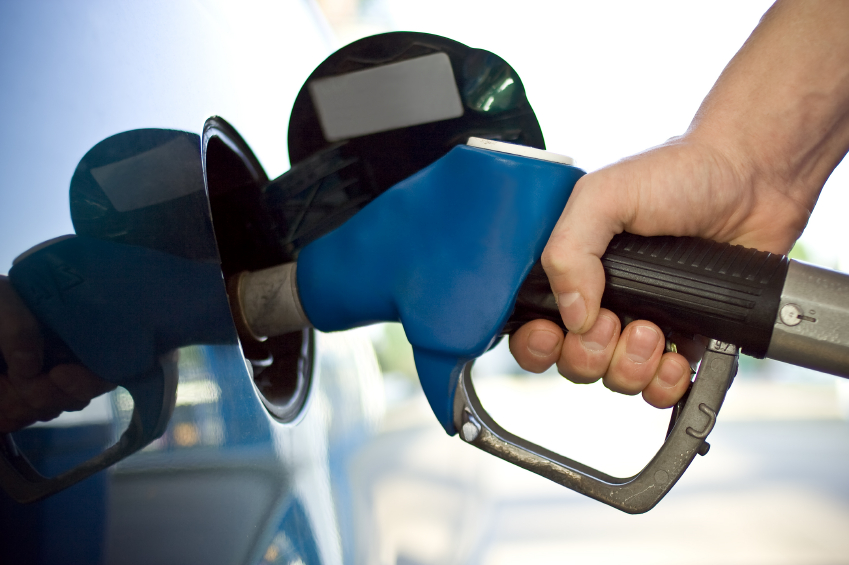The federal gas tax, which was supposed to pay for repairs and expansion to roads maintained or funded by the national government, now does nothing of the kind.
Congress last raised the U.S. federal gas tax a quarter of a century ago in 1993, to the 18.5-cents-per-gallon level it remains at today. Diesel fuel is taxed at 24.4 cents per gallon.
Every state in the U.S. now receives more road funding from the federal government than it sends to D.C. in gasoline taxes, but the cumulative deficit in road-repair funds has risen to several hundred billion dollars.
DON'T MISS: Gas tax should rise 25 cents to fund road repair: US Chamber of Commerce
Last month, the influential and conservative U.S. Chamber of Commerce proposed a 25-cent-per-gallon increase in the federal gas tax to generate revenue that would help fund those needed repairs.
On Wednesday, that idea got a new backer: President Donald J. Trump.
CNN reported the president said he supported the idea during a bipartisan meeting at the White House with Congressional representatives, according to Senator Tom Carper [D-DE].

Chevrolet Silverado Heavy Duty drive with John Deere, “Jessica Walker, courtesy of Chevrolet
But another senator at the meeting, James Inhofe [R-OK], disputed that characterization to CNN, suggesting the president had only said all options were on the table for funding needed infrastructure repairs.
He said Carper's suggestion that the president offered "political cover" to elected officials to support the tax raise "a combination of exaggeration and wishful thinking."
Political site Axios, however, suggested the president's idea would be "dead on arrival" among the Republicans who currently control the Senate and House.
CHECK OUT: Low Gas Price An Opportunity For Higher Gas Tax? Not A Chance (Jan 2015)
Higher gasoline taxes are regressive, meaning they fall more heavily on lower-income Americans.
Axios suggested pricier gasoline would undo some of the effects of the $1.5 trillion tax-cut bill passed in December, concerning the senators and representatives who supported that deficit-funded plan.
Indeed, as CNBC pointed out on Thursday, an analyst from Strategas calculated that a 25-cent gas-tax hike would wipe out 60 percent of the lower taxes, increasing costs by $71 billion against the $120 billion consumers would gain from the tax cuts.

Gas pump
Those increased costs, said Daniel Clifton, head of policy research for Strategas, would be nine times the estimated $4 billion in worker bonuses announced by large corporations following the tax cuts.
Conservatives, among them Grover Norquist, president of Americans for Tax Reform, slammed the idea of a gas-tax hike, saying it should be offset by radical cuts to spending on social programs.
Over a 10-year period, a 25-cent gas-tax boost would generate more than $375 billion, according to calculations last month by the Chamber of Commerce.
That's far more than the $200 billion the Trump Administration suggested would be the federal share of funding in the long-delayed infrastructure plan it released last week.
That plan anticipates that private companies will make the bulk of investments for infrastructure expansion and repairs, presumably repaid by more and higher tolls on highways, roads, tunnels, and bridges.













